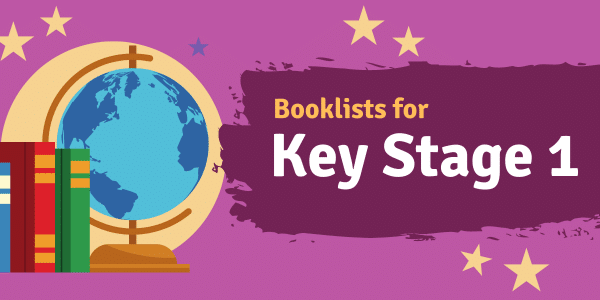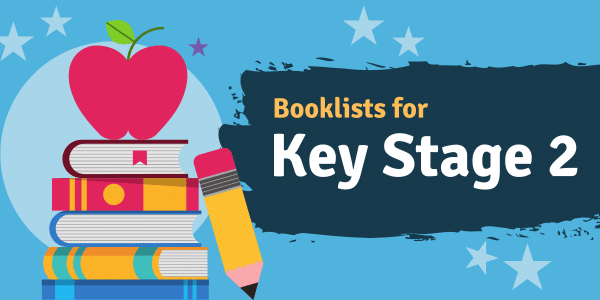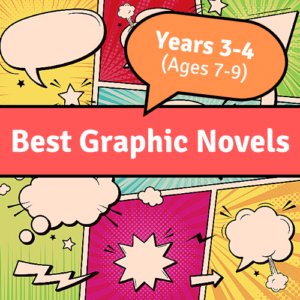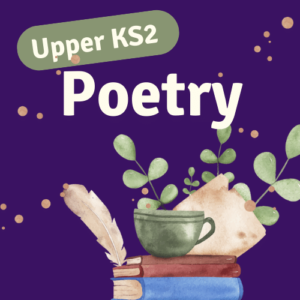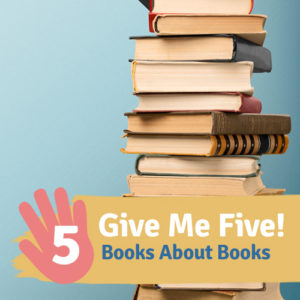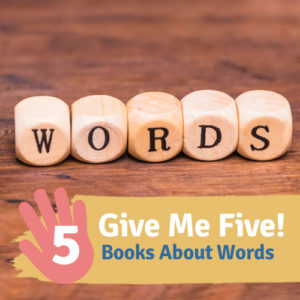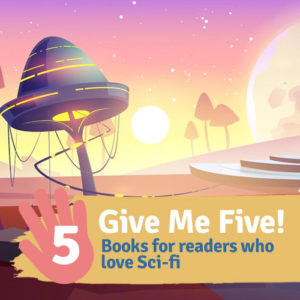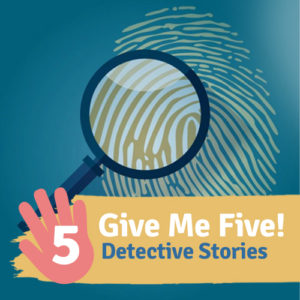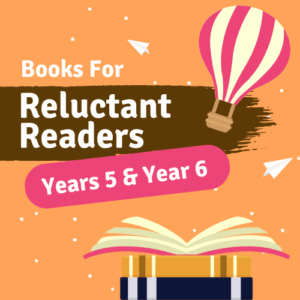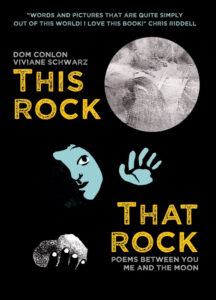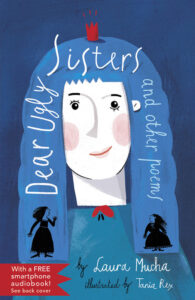Booklist: Best Graphic Novels Suitable for Years 3 and Year 4 (Ages 7-9)
Graphic novels are longer stories written and illustrated in the style of a comic, combining a sequence of engaging visual elements that drive the plot, coupled with short pockets of text in the form of captions and dialogue. The format has seen a burst in popularity in recent years, and these books are seeing an increasing demand in primary schools. We’ve picked out a list of brilliant graphic novels that are most suitable for children aged 7-9….
Scroll down to find more purchasing options and additional guidance, or click on each book cover to find out more.








